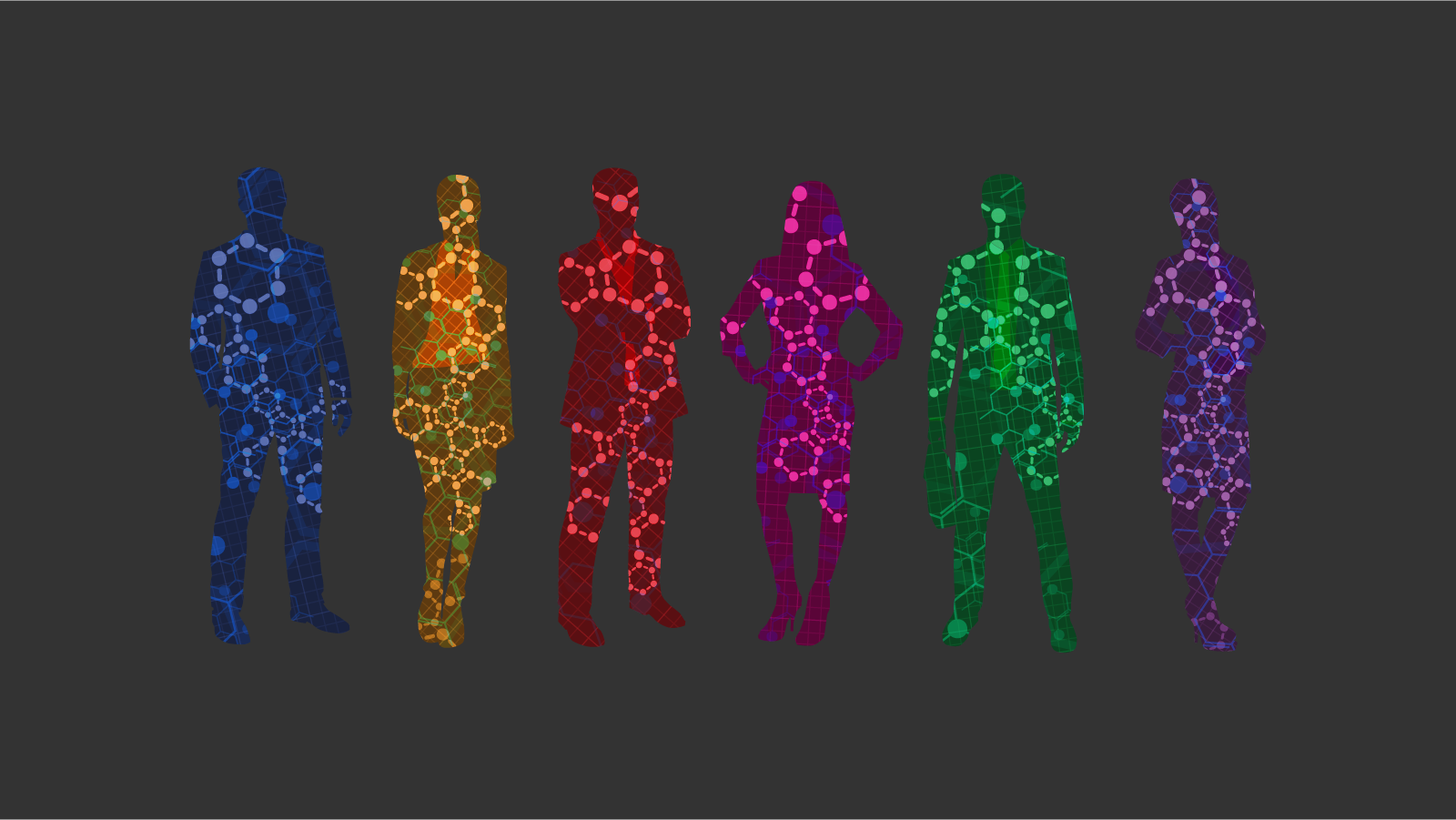Neuroprotection: Other benefits of melatonin include general neuroprotective effects, as melatonin is a powerful antioxidant. Melatonin also has several anti-cancer properties, and is currently being investigated for its role in fighting breast cancer. “Both in vitro studies and in vivo studies have shown that melatonin is a potent scavenger of the highly toxic hydroxyl radical and other oxygen- centered radicals, suggesting that it has actions not mediated by receptors.31 In one study, melatonin seemed to be more effective than other known anti- oxidants (e.g., mannitol, glutathione, and vitamin E) in protecting against oxidative damage. There- fore, melatonin may provide protection against dis- eases that cause degenerative or proliferative changes by shielding macromolecules, particularly DNA, from such injuries. However, these antioxidant effects require concentrations of melatonin that are much higher than peak nighttime serum concentrations. Thus, the antioxidant effects of melatonin in humans probably occur only at pharmacologic concentrations….The decrease in nighttime serum melatonin concentrations that occurs with aging, together with its multiple biologic effects, has led several investigators to suggest that melatonin has a role in aging and age-related diseases. Studies in rats and mice suggest that diminished melatonin secretion may be associated with an acceleration of the aging process. Melatonin may provide protection against aging through attenuation of the effects of cell damage induced by free radicals or through immunoenhancement. However, the age-related reduction in nighttime melatonin secretion could well be a consequence of the aging process rather than its cause, and there are no data supporting an antiaging effect of melatonin in humans.”

